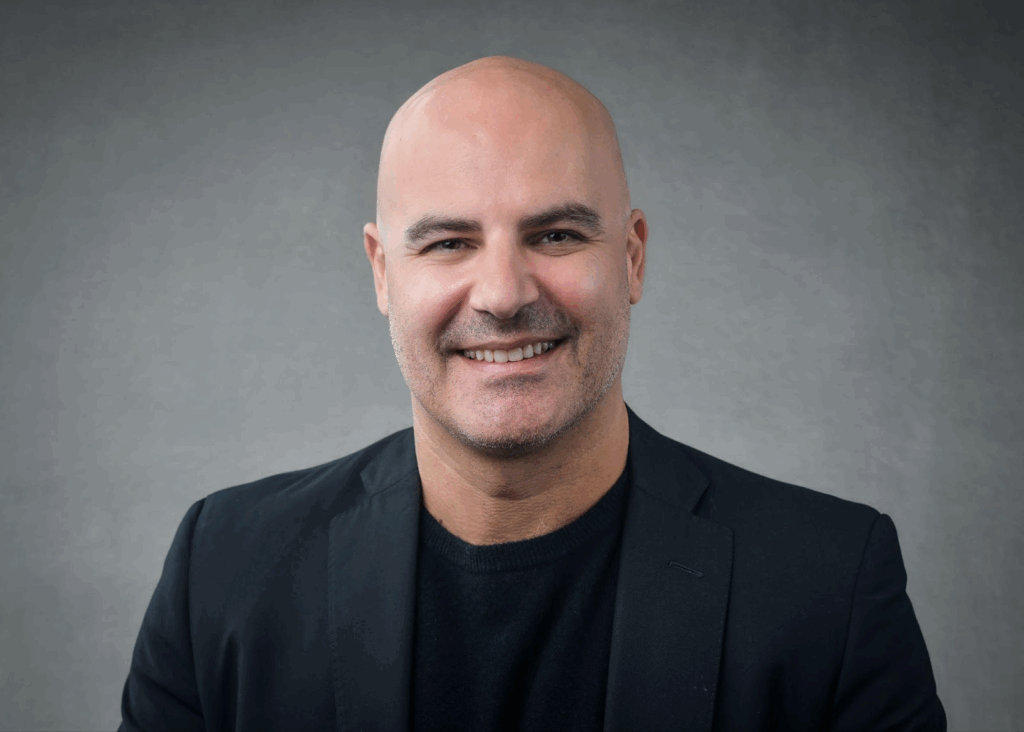
Managing wealth is about more than numbers. Behind every portfolio are individuals, families, and institutions making decisions driven by complex motivations, aspirations, and fears. Elite advisors understand that success depends as much on navigating human behavior as it does on optimizing asset allocation. In an era where financial landscapes shift rapidly and clients face unprecedented choices, understanding the psychology of wealth has become a defining skill for top consultants.
Advisors like Youssef Zohny, who leads The Zohny Group at Morgan Stanley’s Graystone Consulting division, are at the forefront of blending technical expertise with emotional intelligence. By mastering both, they deliver strategies that inspire confidence and deepen relationships.
The Emotional Layer of Wealth Management
Wealth, especially at scale, carries emotional weight. For families and institutions alike, financial decisions represent security, legacy, and identity. During market volatility or major transitions, emotions often influence choices more than rational models predict.
Common emotional dynamics advisors encounter include:
- Fear of Loss: Clients can become overly cautious, missing growth opportunities.
- Overconfidence: Strong past performance may lead to riskier, unchecked decisions.
- Anchoring Bias: Clients often fixate on specific numbers, benchmarks, or experiences, limiting flexibility.
- Generational Tensions: Family members may have conflicting views on priorities and goals.
Elite advisors manage these dynamics by acting as both strategist and guide. They provide frameworks for decision-making grounded in evidence while helping clients manage emotional triggers that might otherwise derail long-term objectives.
Building Trust: The Foundation of Advisory Relationships

Trust lies at the heart of effective wealth management. Clients entrust advisors with their most significant assets and deeply personal aspirations, expecting discretion, transparency, and guidance.
High-performing advisors establish trust through:
- Consistency: Delivering on promises and communicating with clarity.
- Empathy: Understanding clients’ motivations, fears, and ambitions beyond their balance sheets.
- Collaboration: Involving clients in the process, ensuring they feel informed and empowered.
Trust isn’t built overnight. It develops through years of thoughtful interactions, proactive guidance, and shared successes. By prioritizing relationships as much as results, advisors build partnerships that last across generations.
Decision-Making Under Uncertainty
Market downturns, global disruptions, and economic cycles often test investors’ resolve. Behavioral finance research shows that clients under stress are more likely to make impulsive decisions—whether selling assets prematurely or chasing short-term trends.
Elite advisors help clients navigate uncertainty by:
- Reframing Market Volatility: Helping clients see downturns as part of long-term cycles rather than catastrophic events.
- Scenario Planning: Using data-driven models to map possible outcomes and build confidence in chosen strategies.
- Anchoring on Purpose: Connecting investment decisions to personal or institutional goals to maintain perspective during turbulence.
By blending psychology with analytics, advisors enable clients to make decisions rooted in clarity rather than emotion.
Navigating Family Dynamics and Legacy Goals
For many high-net-worth families, managing wealth extends beyond immediate financial returns—it involves aligning multiple generations around shared goals. Family offices, in particular, require a delicate balance of strategy, governance, and communication.
Advisors guide these processes by:
- Establishing family councils to ensure transparent decision-making.
- Designing education programs to prepare younger generations for financial responsibility.
- Mediating discussions around legacy planning to reduce conflict and encourage consensus.
With diverse personalities, values, and priorities within a single family, elite advisors serve as impartial facilitators, helping families create structures that protect relationships as much as wealth.
The Role of Behavioral Finance in Portfolio Design
Behavioral finance insights have transformed how advisors approach portfolio construction. Beyond maximizing returns, advisors now design strategies that align with clients’ comfort levels, biases, and decision-making tendencies.
Key practices include:
- Risk Profiling: Understanding emotional tolerance for loss and market swings.
- Layered Allocations: Combining stable, income-generating assets with growth-oriented opportunities to build confidence.
- Personalized Narratives: Framing investment decisions in a way that resonates with each client’s goals and values.
This personalized approach helps ensure that clients not only commit to strategies but also stay disciplined through market cycles.
Communication: The Hidden Skill Behind Client Confidence
Advisors at the highest level recognize that expertise alone is not enough. How strategies are communicated often determines whether clients feel confident in their decisions.
Elite advisors prioritize:
- Clarity: Simplifying complex ideas into actionable insights.
- Consistency: Maintaining open communication even when markets are turbulent.
- Transparency: Explaining risks, trade-offs, and expected outcomes honestly and thoroughly.
Informed clients make better decisions—and trust advisors more deeply.
Balancing Data and Human Connection
Technology has revolutionized wealth management, enabling sophisticated analytics, predictive modeling, and real-time reporting. However, numbers alone cannot replace relationships. Clients seek advisors who combine advanced tools with empathy, intuition, and understanding.
Advisors like Zohny leverage institutional research and cutting-edge technology while maintaining a personalized, boutique-level client experience. This balance ensures decisions are informed by both data and human insight—a combination critical for long-term success.
Coaching Clients Through Change
Transitions—whether market-driven, personal, or institutional—are some of the most challenging moments in wealth management. From business exits and generational transfers to economic downturns, advisors must guide clients through uncertainty and evolving priorities.
Top advisors serve as coaches during these times by:
- Helping clients navigate the emotional side of major decisions.
- Structuring plans that maintain financial stability during life events.
- Supporting adaptive thinking when goals or strategies must shift.
By approaching change proactively, advisors help clients move forward with clarity and confidence.
The Intersection of Purpose and Wealth
A growing number of clients today seek meaning alongside performance. Environmental, social, and governance (ESG) considerations, impact investing, and philanthropy are increasingly integral to wealth strategies.
Elite advisors integrate purpose into portfolio design by:
- Aligning investments with personal or institutional missions.
- Creating philanthropic frameworks that maximize impact while maintaining tax efficiency.
- Educating clients about opportunities where financial growth and positive change intersect.
By connecting wealth to values, advisors strengthen engagement and satisfaction, ensuring strategies resonate across generations.
The Human Advantage in Wealth Consulting
While markets evolve and tools become more sophisticated, the psychology of wealth remains constant: trust, connection, and understanding drive lasting relationships. Advisors who master the emotional side of decision-making—while maintaining analytical rigor—deliver more than returns. They deliver peace of mind.
For professionals like Youssef Zohny, the balance between technical expertise and human insight defines client success. By understanding emotions, managing biases, and fostering deep trust, elite advisors empower clients to make confident, informed decisions in even the most complex environments.
In an industry often defined by numbers, the ability to navigate human behavior has become the ultimate differentiator. Advisors who excel in this space don’t just manage assets—they guide people, build legacies, and influence the future of wealth management itself.















